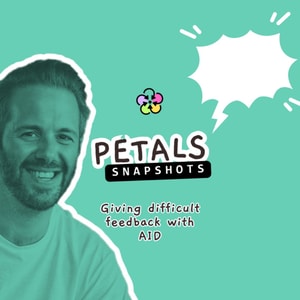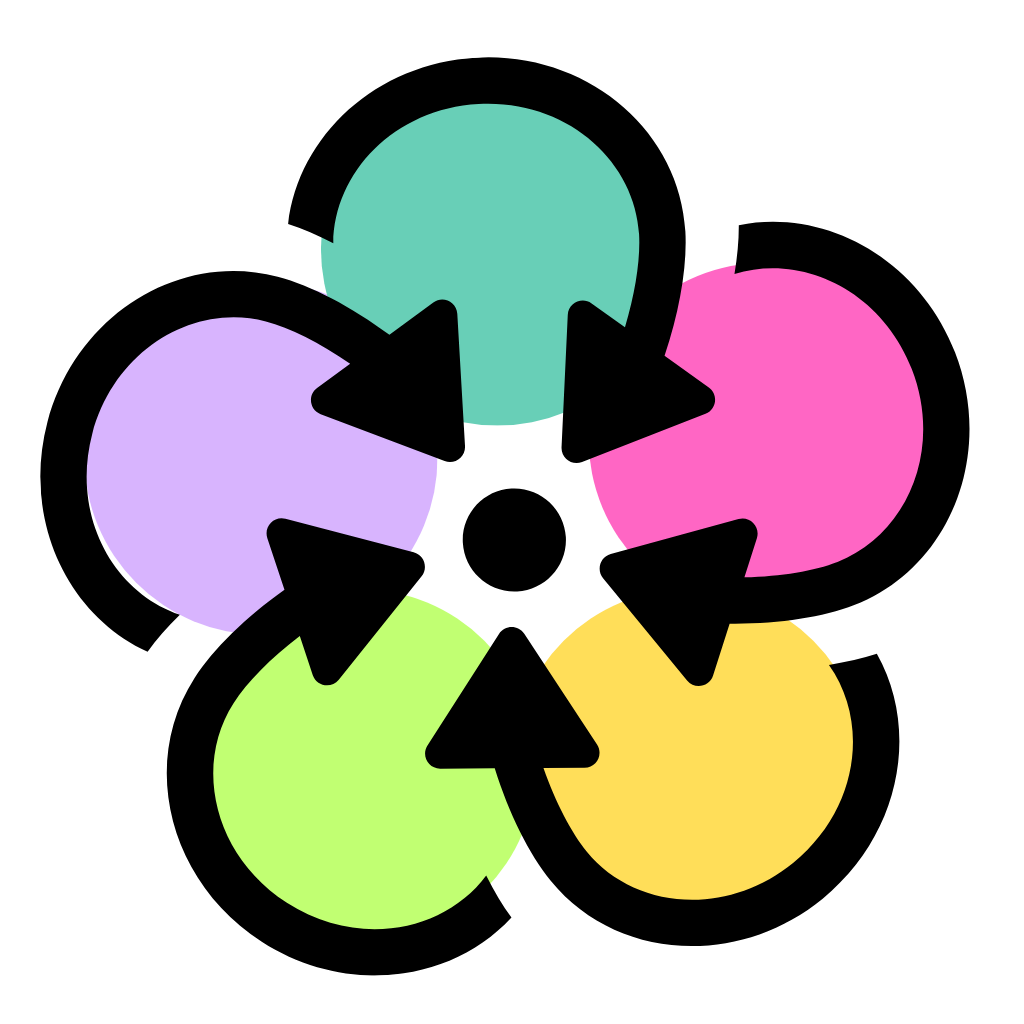Giving difficult feedback with AID 🗯️

Today, we talk about a framework that helps take on difficult feedback with team mates called AID and how it can nurture a more healthier team environment with real time discussions.
Transcript
This is the 28th petals snapshot of spring 2024. And today I want to talk a little bit about difficult feedback. So yesterday I was on a full day training around providing feedback. Now, this is something that we all know we should do and we all know we can do, but generally avoid, especially when it's the more difficult conversations. Now, we all know providing good feedback is great to get and receive, but do we always do it? Do you need that constant reminder to just say, oh, what did you think was good about that? In software engineering, we generally do fortnightly retrospectives and we focus on the positives and the negatives. Let's be honest, ultimately to work out what's next. And again, this is kind of where petals came out from. It's like I want to look at the good, the bad and how I can improve things going forward. But in this training yesterday, it was very much focused on the more difficult conversations around some potential negative behaviours or some negative impacts that were coming out of team situations. We were all challenged to bring an example, real world or made up, whatever you would want to then practice a model that was recommended. The model's acronym, or all of an acronym, is Aid, which stands for assess, impact and do or discuss. So the SS is providing real world examples of exactly what happened. With as much objective, fact based evidence as possible. The impact can be more subjective, which is the impact it had on you or an individual you observed, or the team dynamics or something like that. And then the discussion or the do is what are we going to do about it? Now, as a team leader, I obviously there to try and help my team to be better at what they do. And if they are having difficult moments, I would offer my services, my experience, my expertise to maybe provide some examples or some suggestions, but ultimately I want them to own that problem as well. So this is where the discussion and the exercise is really useful to have. I'm not going to go to the science of this too much. That's not going to be caught in a two minute snapshot. But it is a topic that I think we should all be aware of when we are working in our teams and our healthy teams. Are you facing challenging conversations or situations that need to be addressed? Is it something that you should try to go into and work through with your teammates? We don't really want to have to escalate this to our team leaders or our managers to get their involvement. That's the worst case scenario, really. We want to go in and deal with it firsthand and you would also be advised to do that in the right situation, too. But this goal comes back down to good team dynamics, and this is what Petals is all about, making sure that we have got healthy teams that are very honest and constructive and useful and providing direct, live feedback in a more natural environment. That was today's food for thought. I'll be back tomorrow with another Petals snapshot.
Today, we talk about a framework called AID that helps take on difficult feedback with team mates and how it can nurture a more healthier team environment with real time discussions.
Support PETALS by contributing to their tip jar: https://tips.pinecast.com/jar/petals
Find out more at https://petals.pinecast.co
This podcast is powered by Pinecast.
